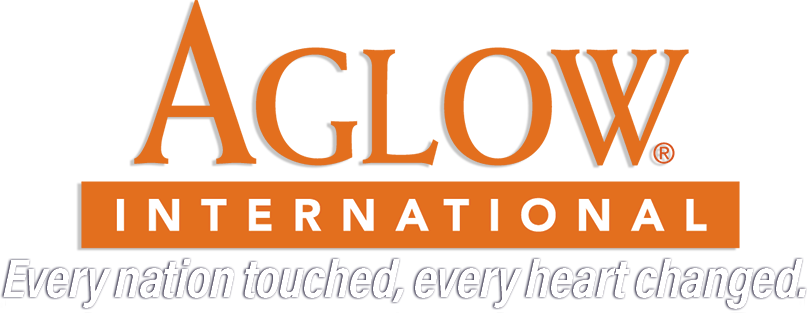
Background
Anti-Human Trafficking has been a ministry of the Mid-Atlantic Region since 2014 and for some Lighthouses before then. The focus at the Regional, Area, and Lighthouse levels, takes many forms, with an emphasis on prayer stressing the Aglow International Monthly Global Anti-Human Trafficking Prayer Targets. Activities concentrate on increasing public awareness of human trafficking, curtailing, and preventing trafficking. There have been workshops, parades, visits, information sharing, billboards; prayer calls, and walks and drives, filling and giving backpacks, volunteering with service providers, use of websites, Facebook, and other social and traditional media, and, yes, Zoom Rooms as we progressed through the pandemic.
Change
Conditions have changed substantially since 2014. Aglow International changed its anti-human trafficking approach to focus on prayer. Interest and activities have expanded considerably as national, state, and local governments, private organizations, universities, non-profit service providers, and advocacy organizations have become more numerous and more involved. Also, law enforcement departments have become more sophisticated, and work better together. There are more resources available, and virtual and in-person events take place nearly daily.
Since the beginning of the national human trafficking hotline in 2007 there have been 25,371 contacts from the region 2,636 of them were made in 2021. There was an increase in trafficking during Covid-19. The covid challenge also brought benefits as seen in the increased use of electronic communications/meeting techniques.
Trafficking is changing as there is more attention being devoted to organ harvesting, as traffickers are more sophisticated, and as there are increased immigrant impacts. Also, there have been more arrests, convictions and guilty parties sent to prison. Predators are constantly changing their practices. There is greater use of social media to reach out to vulnerable youth at a younger age. Victim/survivor services are greater in number, more comprehensive in care and treatment of victims/survivors.
The Future
As we review and revise our VISION let us begin by realizing that everyone has multiple Aglow, family, and other personal priorities, interests, capabilities and only so much time. Also, Mid-Atlantic is a large region with dissimilar needs and resources, even differences within h states. Our view and activities must adjust to meet the challenges posed by and opportunities presented by the ever-changing anti-human trafficking landscape including how the predators are changing their practices. In recognition of the above the revised Mid-Atlantic Region Anti-Human Trafficking Vision is to:
- Pray – Prayer is the foundation upon which Aglow stands; therefore, we must embrace the monthly Aglow International Anti-Human Trafficking Global Prayer Targets. We need to pray continually for all aspects of human trafficking including victims, first responders, law enforcement, prosecutors, service providers, that more housing will be made available, and for buyers and predators to change their ways. Prayer needs to be in many forms including virtual and in-person meetings and workshops, phone calls, walking, driving, and at places such as massage parlors, schools, strip clubs, truck stops, and churches to name a few.
- Public Awareness/Prevention – Use a variety of ways, such as workshops, meetings, social-media, and distribution of information to make the public aware of human trafficking and to prevent vulnerable children and others from becoming victims. There are many resources readily available for our use such as books, videos, brochures, and tool kits. In addition to using them for our own education we should make them available to other people for their use.
- Reach Out and Help – Find out who is doing what locally related to human trafficking, for example, schools, churches, law enforcement, and service providers. This can be accomplished easily by going to your computer and entering human trafficking in (put name of a community, city, state) and then follow-up with the list of identified organizations, leaders, and task forces that will be provided. Determine what their needs are, reach out and assist, and ask for assistance from them.
- Communicate – Share what you are doing with others and ask for help, offer to help. Use the Aglow International, regional, state, area team, lighthouse websites, Facebook, and other social media sources to gather and share information. Watch, listen to, and read your local press/media for human trafficking related news; for example, public awareness announcements related to events, attend them, share about Aglow, provided brochures etc. Share anti-human trafficking information with your counterparts in other areas, draw attention to and share news of events, actions, arrests, sentencing etc. Let local anti-human trafficking organizations know you exist, that you want to help and thank them for what they do.
- Advocate – Inquire about the position and work of your federal, state, and local elected officials and leaders and encourage them to get involved to strength laws, regulations, and funding dealing with the curtailment and prevention of human trafficking and caring for victims/survivors. Support those officials when they are in the process of making decisions consistent with anti-human trafficking actions.
- Do & Do Not – Pray about being selective to do a few things well; and do not overreach, exceeding available resources and capabilities.
